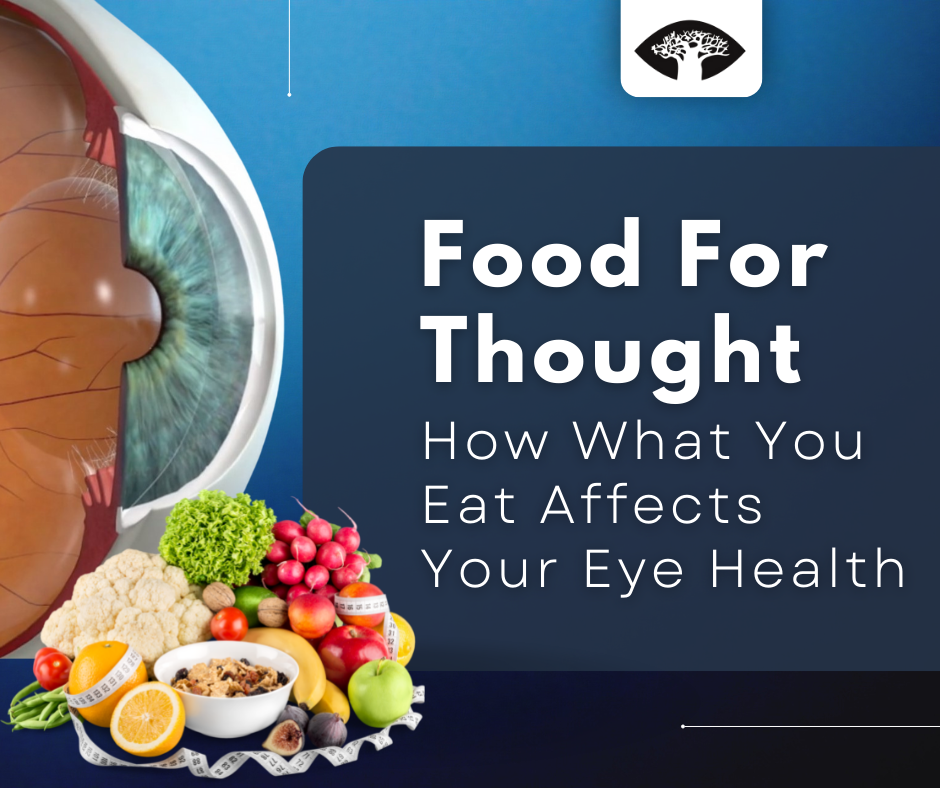
Your Diet And Eye Health
Your diet has a big impact on your eye health. The foods you eat can affect your vision in both the short and long term. A diet that is high in fat and sugar can lead to problems such as obesity and diabetes, which can in turn lead to serious eye conditions such as glaucoma and cataracts. Conversely, a diet that is rich in antioxidants and nutrients can help to protect your eyes from age-related damage and disease.
A healthy diet can help you maintain a healthy weight.
There are a number of eye problems that people who are overweight or obese are at an increased risk for. These include glaucoma, diabetic retinopathy, and age-related macular degeneration. Each of these conditions can lead to vision loss or blindness if left untreated.
For tips on portion control for healthy weight management watch this informative video:
View VideoEating a diet rich in fruits and vegetables can help protect your eyes from age-related vision problems.
Fruits and vegetables contain antioxidants that help to keep your eyes healthy. Some antioxidants found in fruits and vegetables that are beneficial for eye health include vitamin C, beta-carotene, and flavonoids. These nutrients help to protect the eyes from damage caused by free radicals, which can lead to conditions such as macular degeneration and cataracts. Eating a diet rich in fruits and vegetables is one of the best ways to ensure that your eyes stay healthy and to reduce your risk of developing these conditions.
Eating a diet high in omega-3 fatty acids can help to protect your eyes from dry eye syndrome and age-related macular degeneration.
Omega-3 fatty acids are a type of unsaturated fat that is found in oily fish such as salmon, mackerel, and sardines, as well as in flaxseeds, chia seeds, and walnuts. They are essential for maintaining the health of cell membranes, and they have anti-inflammatory properties that can help to reduce the risk of a number of conditions, including dry eye syndrome and age-related macular degeneration. If you are concerned about your eye health, you should speak to your doctor or a registered dietitian about incorporating more omega-3 fatty acids into your diet.
To learn more about the benefits of omega-3 watch this informative video:
View VideoEating a diet high in sugar can increase your risk for diabetic retinopathy.
A diet high in sugar can lead to diabetes, which in turn can cause diabetic retinopathy. Diabetic retinopathy is a serious medical condition in which the blood vessels in the retina are damaged, potentially leading to blindness. If you have diabetes, it is important to control your blood sugar levels to help prevent this complication.
Eating a diet high in salt can increase your risk for glaucoma.
Salt is an important part of our diet, but eating too much salt can increase our risk for developing high blood pressure, which is a major risk factor for developing glaucoma. People with glaucoma have an increased pressure in their eyes, which can damage the optic nerve and lead to vision loss. By following a healthy diet, you can help to protect your eyesight and maintain good vision for years to come.
Other nutrients you can consume to help protect your eyes from disease and keep them healthy include:
Vitamin A: Vitamin A helps to produce tears and is important for night vision. It can be found in foods like carrots, sweet potatoes, and spinach.
Vitamin C: Vitamin C helps to protect the cornea, which is the clear, outer layer of the eye. It can be found in foods like oranges, strawberries, and kale.
Vitamin E: Vitamin E helps to protect the cells in the retina, which is the back part of the eye that senses light. It can be found in foods like almonds, sunflower seeds, and avocados.

